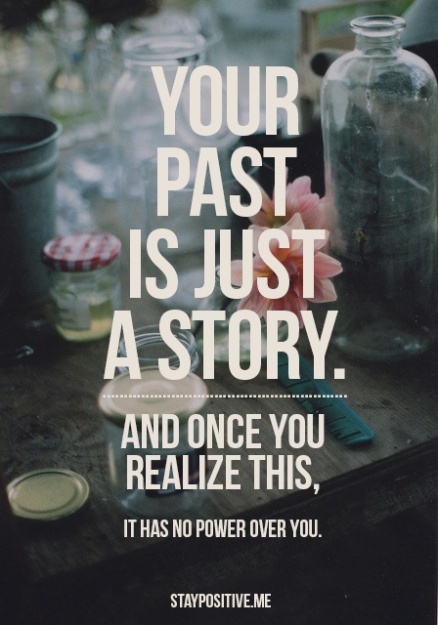Although the question is seldom phrased like that anymore, it doesn’t matter how they word it because the response has to be the same. The interviewer wants you to tell them your weakness, where you need to improve, where you’re not as strong in technical skills or management experience, or something.
Candidates get flustered with this question more than any other, and for no good reason.
I’ll Let You In On A Secret…
Most of the time, the person asking that question doesn’t even want to know the answer. They ask the question because they want to see how you answer it.
After listening to responses from thousands of candidates, and discussing the issue with dozens of clients, I’m convinced there is only one way to answer the question, and that is by being…
Honest
Honesty is a much abused virtue. Really, the only time you see or hear of someone being honest is when they’re apologizing for already being caught. A politician with his pants down or his hands in the till. A comment that “slipped” out and offended any number of ethnic groups or religions. Or, a more general act of civil disobedience. The one thing in common is that the “honesty” part only surfaces after the guilty party is exposed. People are forgiving souls though, and if the apology is well-written and presented sincerely, all ends well.
This Is Not So In An Interview
You don’t get that second chance in an interview. You don’t get to rally the troops, have someone write a speech, and then proffer an apology. In an interview, you’re stuck with what slipped out of your mouth, so you better be prepared.
This is not difficult. You should know what your weakness is. People have probably been telling you all of your life—parents, spouse, co-workers—and by now it should have sunk in. If you don’t know it, think hard about the term “self-awareness.”
In any case, it doesn’t matter because that weakness you’re about to blurt out is nothing the interviewers haven’t heard before. In fact, if you didn’t know this, here’s another secret for you—everyone has a weakness. Even Superman can be hurt by kryptonite.
The reason you’re being interviewed is because the company thinks you might be able to help them solve their problems. They brought you in because of your strengths and accomplishments—accomplishments that you achieved even with your weaknesses. If you show them you can solve their problems, you’ll stand a good chance of getting the offer. Being honest with this response will go a long way toward getting the offer because they’ll know that, if you can be honest about your weaknesses, they can probably trust your other responses.
Don’t Try To Be Clever
The worst possible response would be to try and pass off a weakness as a strength. I’ve seen people recommend doing this, and it’s garbage advice. If the best answer you can come up with is that you are a perfectionist or that you work too hard, you have far bigger problems than you realize.
So, how do I answer the question? I’m not going to tell you how to answer the question. No one but you can do that. But I’ll show you an example of a normal response that’s a good one:
Let’s assume you’re a design engineer.
“I have a tendency to rush things. In the past that resulted in a few quality problems with the finished product. The second boss I had worked with me on that, and I’ve had to resort to desperate measures to slow myself down. If you walk into my office, you’ll see sticky notes all over my computer and desk, with notes that read, ‘SLOW DOWN’ or ‘Double check everything!’
“I also set alarms on my phone that pop up twice a day reminding me of the same things. When I see these reminders, it hits home. The good thing is, the process works. The last two products we put out have been finished on time, on budget, and, so far, with no field problems or quality issues. It’s actually made me a much better engineer, but, I still need those reminders.”
This kind of weakness people can relate to because it really is a weakness. The difference is you’ve shown that you learned how to deal with it.
Preparation
You should practice your response so you’re comfortable discussing it, but don’t make it sound like a rehearsed speech. Also, be prepared for the interviewer to probe deeper. Some interviewers like to dig a little to see if there’s any fluctuation in your answer or if you try to back off when pressed.
Bottom Line
Always be honest, even if you think it might hurt your chance for an offer, although it probably won’t. To summarize, here’s what to do when you’re asked the question.
- State your weakness.
- Let the interviewer know you’re aware of it.
- Show them you’ve figured out how to deal with it.
- Show them that solution worked.




